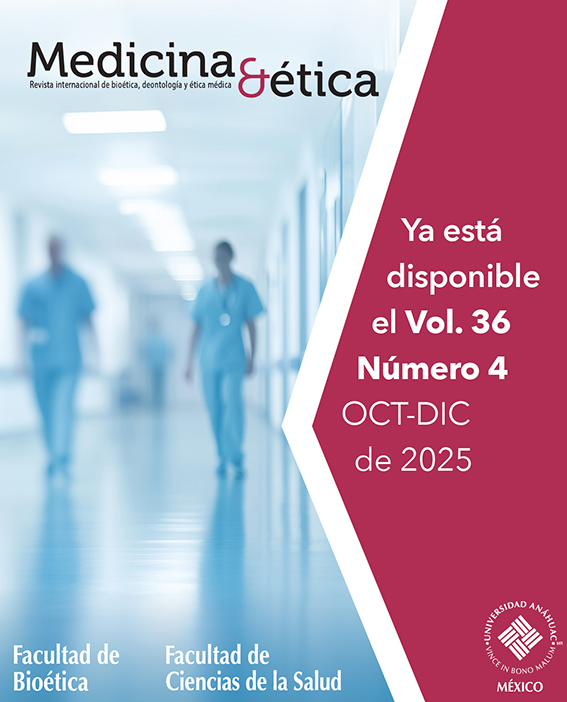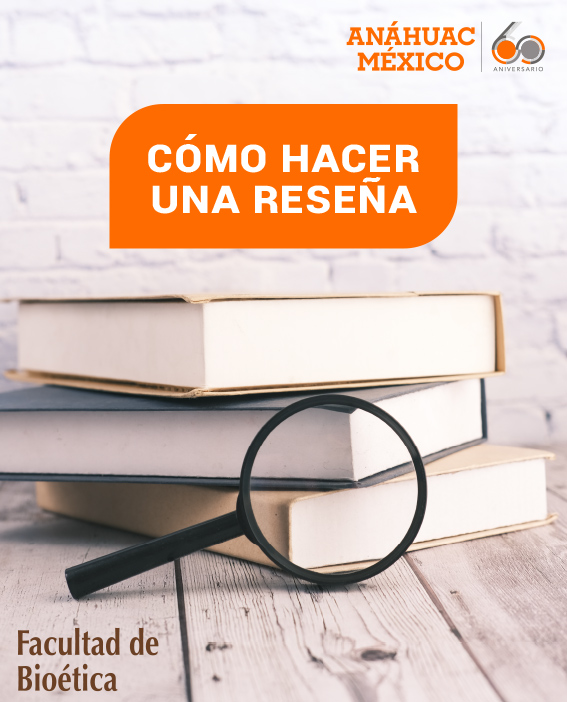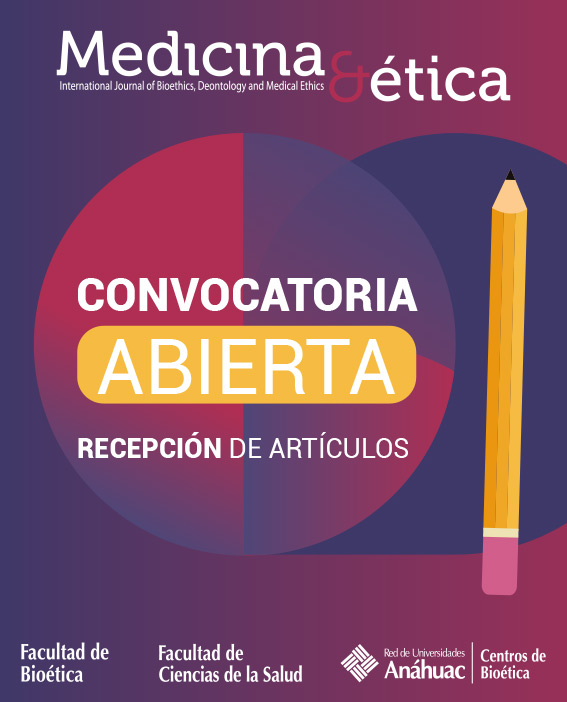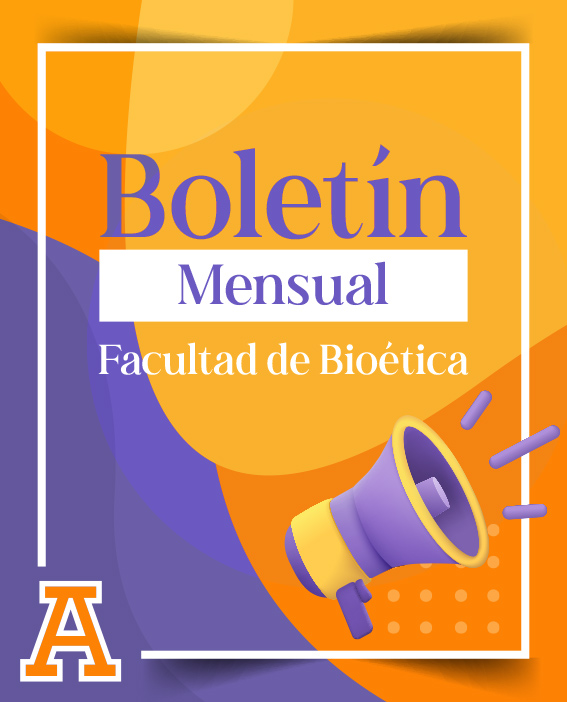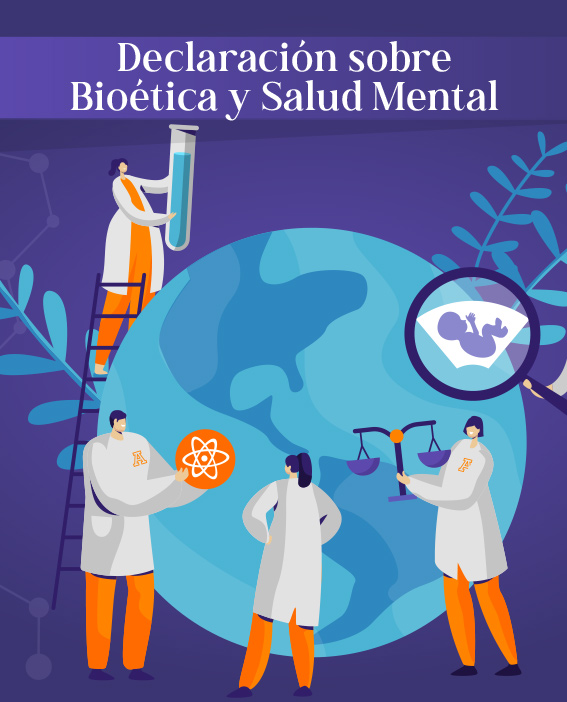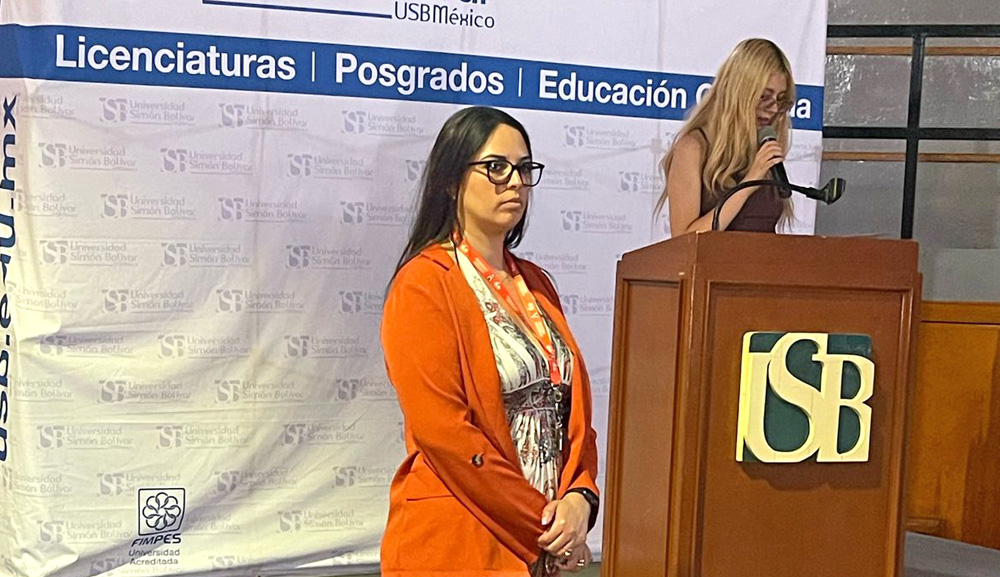
As part of Simón Bolívar University's Science and Technology Week, she gave a lecture on the ethical challenges of using artificial intelligence in research and technological development.
On March 12, 2025, Simón Bolívar University (USB) hosted a highly relevant academic event within Science and Technology Week, whose central theme was the topic of “Scope and perspectives of artificial intelligence (AI) in the development of science and technology.”
As part of the program, Martha Patricia Hernández Valdez, academic coordinator of the online Master's Degree in Bioethics at Anáhuac University Mexico and vice president of the Mexican National Academy of Bioethics (ANMB), gave a lecture entitled "Ethics in the Use of Artificial Intelligence in Science and Technology," addressing the bioethical challenges that arise with the increasing implementation of this technology in various fields of knowledge.
During her presentation, the academic outlined the main ethical dilemmas emerging from the accelerated development and application of artificial intelligence. She also highlighted the need to integrate bioethics into decision-making to critically assess key aspects such as algorithmic autonomy, data manipulation, privacy risks, automated biases, and moral responsibility in decisions delegated to intelligent systems.
She also emphasized the importance of ensuring that artificial intelligence is not only efficient and functional, but also transparent and oriented toward human well-being, promoting its development under principles of justice, equity, and social responsibility.
The conference fostered an enriching dialogue among academics, students, and professionals in the scientific and technological fields, highlighting the importance of considering ethics, beyond a barrier to technological advancement, as a fundamental guide for humanizing the development of AI and ensuring that its applications are equitable and beneficial to society.
Patricia Hernández's participation in this event reaffirms the central role of bioethics in the debate on the social, cultural, and human impact of artificial intelligence. Her intervention underscores the need to build a responsible and inclusive science, committed to human dignity and oriented toward a technological future that responds to principles of justice and sustainability.
More information:
MPSS Estefanía Alvarez
Facultad de Bioética
bioética@anahuac.mx

